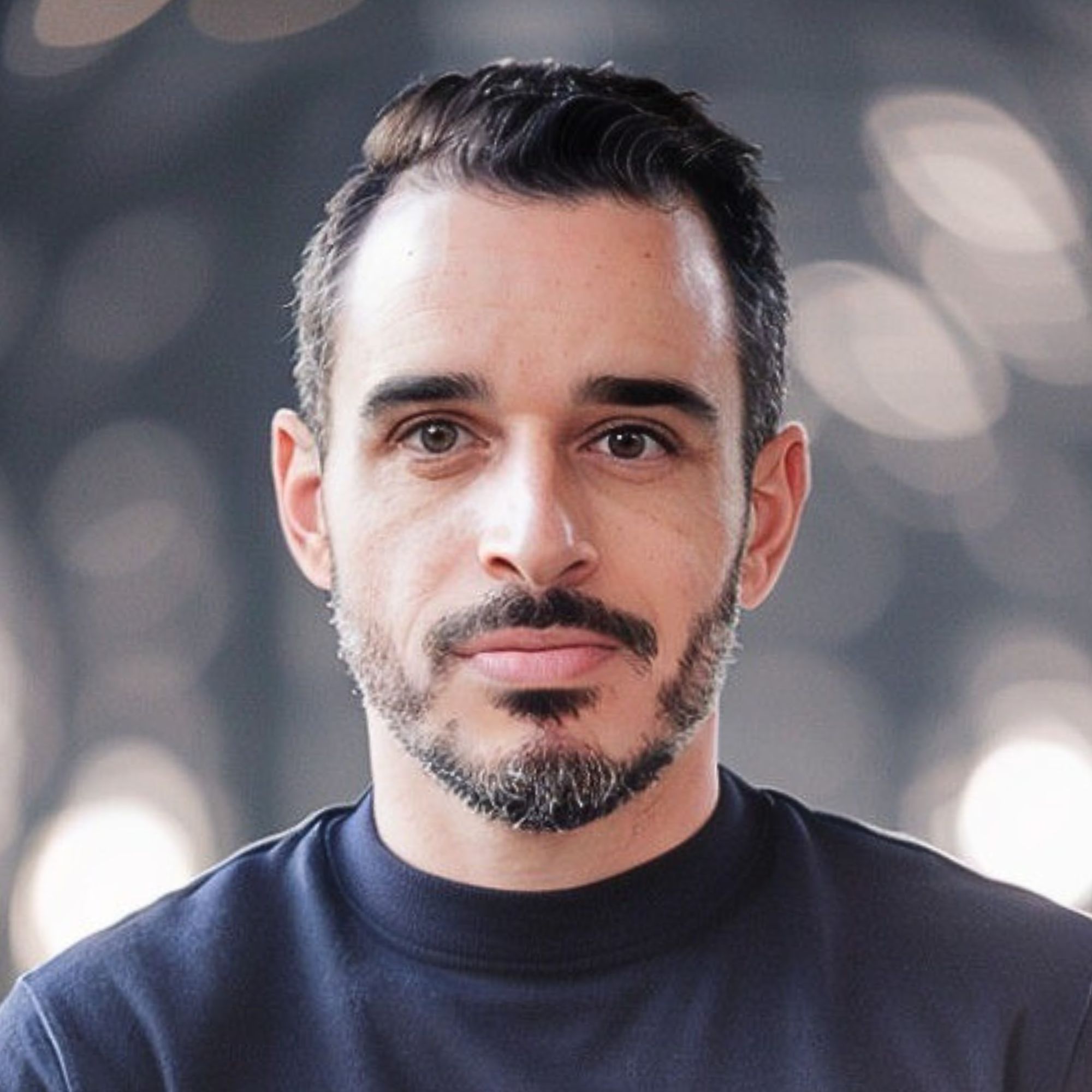Ready to build your own Founder-Led Growth engine? Book a Strategy Call
Frontlines.io | Where B2B Founders Talk GTM.
Strategic Communications Advisory For Visionary Founders
Actionable
Takeaways
Center Your Customer as the Hero, Not Your Product:
The most common storytelling mistake in B2B tech is positioning your company as the hero. Your customers are buying technology to transform their careers and organizations—they're the protagonists. Your product is a supporting character that enables their journey. Frame narratives around how customers achieve transformation, not how your technology works. This shift from inside-out to outside-in thinking creates authentic resonance with sophisticated buyers.
Structure Stories Around Customer Initiatives, Not Product Features:
When serving multiple personas with different needs, lead with the specific initiatives each persona is pursuing rather than starting with your brand promise. A security professional migrating to a new SIM has different priorities than an SRE focused on reliability. Begin with their initiative, then connect to your unified value proposition. This approach allows you to maintain one brand story while making it relevant to diverse technical audiences.
Embed Brand from Founding DNA, Not Marketing Documentation:
Messaging houses and positioning docs matter, but truly powerful brands live beyond marketing collateral. Cribl's founders were practitioners who lived the pain they're solving, allowing the brand ethos to infuse product development, partnerships, and customer support naturally. When brand represents authentic company DNA rather than marketing craftsmanship, every team member becomes a storyteller. Early-stage companies should leverage founders' practitioner experience as a strategic advantage in building authentic narratives.
Make Boring Illegal—Find Your Unique Wedge:
The cardinal sin in B2B storytelling is being forgettable. Most tech companies play it safe with sanitized messaging that offends no one but captures no attention. Cribl uses retro-futuristic sci-fi aesthetics and familiar pop culture constructs to create unexpected moments that pull audiences in. Find what makes your story ownable, missable, and consistent—whether through provocative positioning, cultural references, or challenging industry assumptions. The goal isn't controversy for its own sake; it's using distinctiveness to earn attention in noisy markets.
Push to the Line, Not the Middle:
Most B2B marketers aim for a "30" on the spice scale when their actual line is at "70." The risk isn't overshooting into controversy—it's playing so safe that no one notices you exist. Companies die from lack of awareness far more often than from bold positioning. Study consumer marketing for inspiration on standing out, then adapt those principles for your technical audience. Know where your persona's risk tolerance line sits, then deliberately push toward it rather than hovering in the comfortable middle.
Ensure Your Vision Can Scale with Customer Expectations:
Early adopters in enterprise tech aren't buying capabilities for the next three months—they're placing multi-year bets on your trajectory. They're evaluating whether your leadership team understands where the space is heading and whether you'll be a partner in their career progression. Your story must paint a compelling future state while ensuring your current product provides enough value to validate the vision. The art is calibrating how far ahead your narrative runs versus what you can deliver today.
Build Narrative Elasticity for Long-Term Growth:
Unlike fiction that needs satisfying endings, corporate stories require perpetual forward motion. Your narrative must have enough elasticity to accommodate new products, capabilities, and market shifts without requiring complete reinvention. Google's "organizing the world's information" provides endless runway for expansion. Design your core story with intentional ambiguity that allows the goalpost to move as you approach it, ensuring your brand narrative can grow with your organization for years to come.
Conversation
Highlights
In this episode of The Marketing Front Lines, we speak with Ryan Mattison, VP of Corporate Marketing at Cribl. Cribl has built one of the strongest brands in the infrastructure space by prioritizing authentic storytelling over sanitized marketing. Ryan shares how Cribl’s founding team embedded their practitioner DNA into every aspect of the company—from product roadmap decisions to customer support interactions—creating a brand that stands for choice, control, and flexibility. Through provocative positioning and a “geek chic” aesthetic inspired by retro sci-fi, Cribl has carved out differentiation in a crowded market while maintaining messaging consistency across diverse IT and security personas.
Topics Discussed:
- Building customer-centric narratives using the hero’s journey framework
- Creating initiative-based storytelling for multiple technical personas
- Embedding brand DNA from founding team through entire organization
- Balancing provocative positioning with product delivery capabilities
- Using pop culture references to make technical concepts accessible
- Maintaining narrative consistency across all customer touchpoints
- Pushing creative boundaries in B2B tech marketing




















































